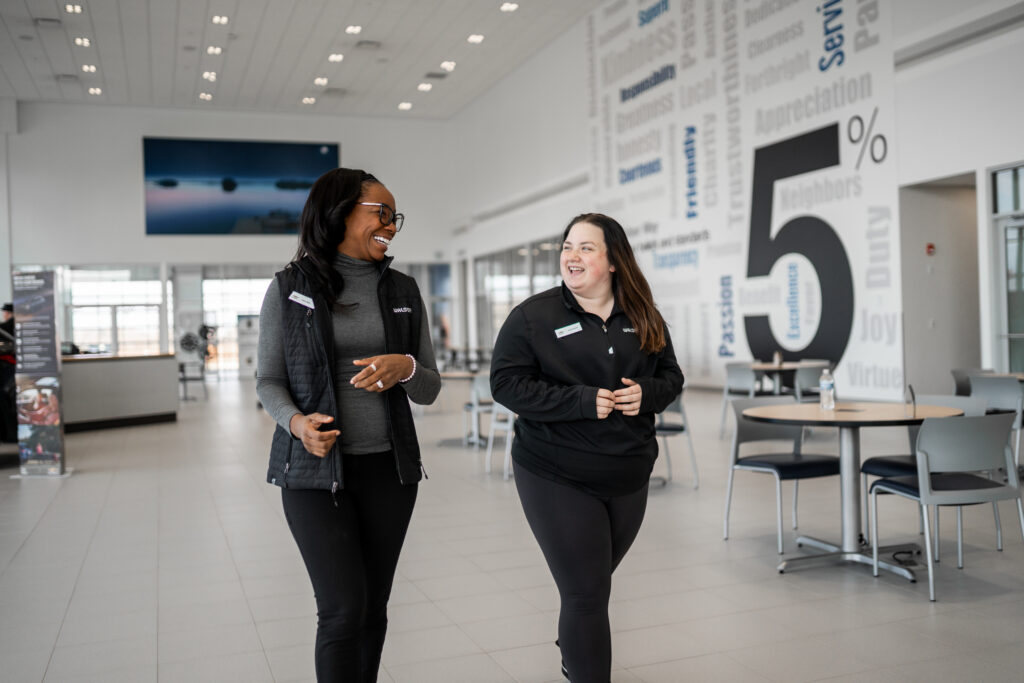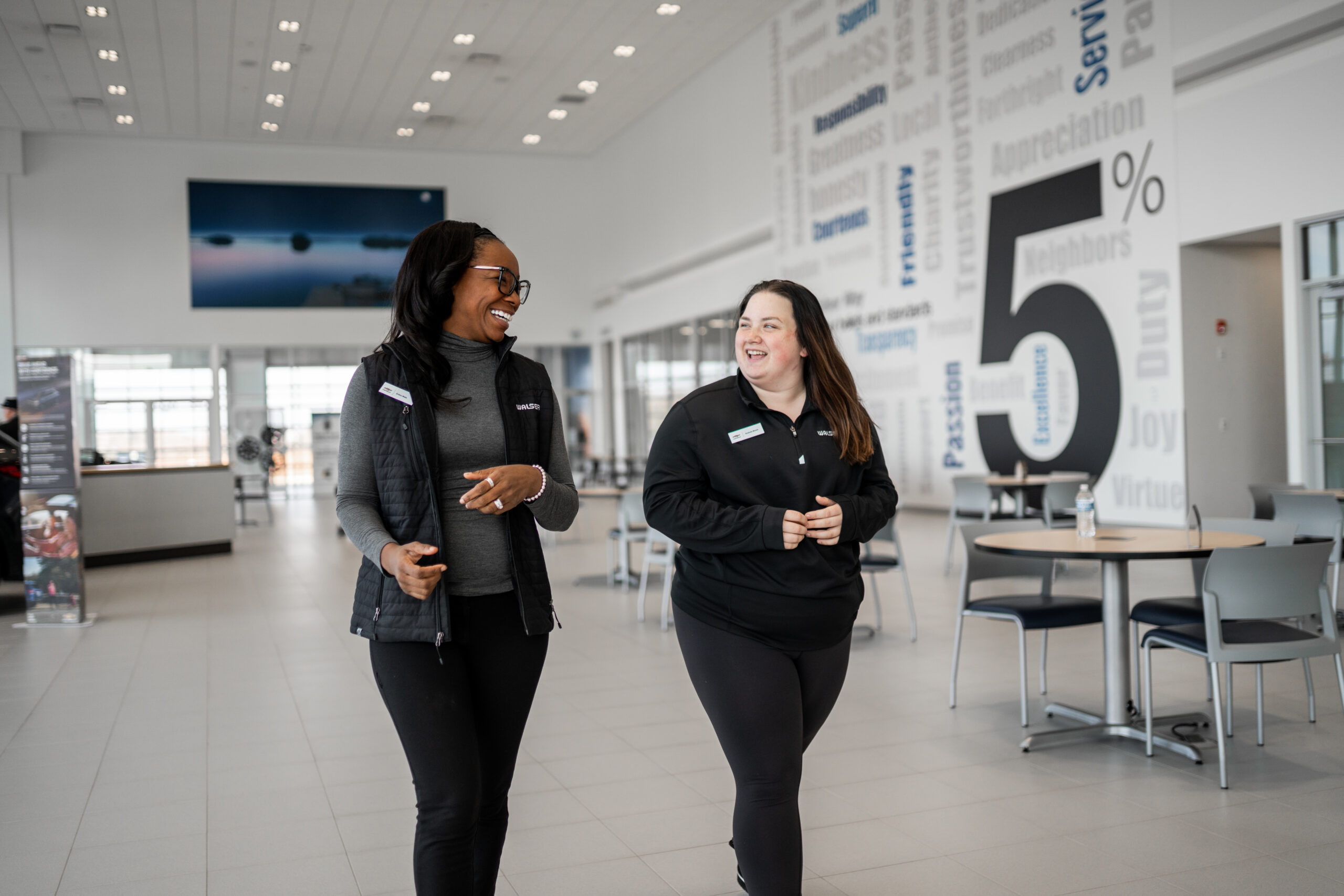
The automotive industry is historically male dominated, but in recent years, more and more women have been breaking into the field. Being a woman in the automotive industry can be challenging, but it can also be incredibly rewarding. Walser Automotive is committed to advocating for women and paving the path to a more inclusive and diverse culture within automotive. Here we examine the challenges women face and what can be done to increase gender diversity in the industry.
The Challenges
One of the biggest challenges women face in the automotive industry is the perception that it’s a man’s world. Many people still hold on to the belief that women are not as knowledgeable or skilled as men when it comes to cars and engines. Not only is this opinion dated and prejudiced, but it is also untrue. This stereotype can be discouraging for women who are interested in pursuing a career in the industry, causing a loss of potential talent to join the workforce.
Another challenge women face in the automotive industry is a lack of representation. Women are often underrepresented in leadership positions and in technical roles. This lack of representation can make it difficult for women to find mentors and role models in the industry, as well as make it difficult for some women to feel comfortable as the only female in the shop.
Finally, the automotive industry is known for its long hours and physically demanding work. These factors can be particularly challenging for women who may have family responsibilities or who may not be as physically strong as their male counterparts. While the long hours don’t solely affect women in the automotive industry, there are situations where women may face more obstacles while being away from home for so long, such as a mother who is choosing to breastfeed their newborn.
The Rewards
Despite the challenges, women who are interested in the automotive field are able to find fulfilling careers in the industry in a variety of roles, from sales and marketing to engineering and design. With the automotive industry being male-dominant and the stereotype of car salesmen being pushy and overbearing, many female customers feel comforted by another woman serving their needs. Women can also bring unique perspectives to the industry, which can help companies better understand and connect with female consumers.
Increasing Gender Diversity
To increase gender diversity in the automotive industry, companies need to take action. They can start by implementing policies that promote gender diversity and inclusion. This could include programs to recruit and retain women, as well as training and mentorship programs to help women advance in their careers.
Companies can also work to create a more aware and inclusive culture. This could include initiatives to address unconscious bias and to promote a more flexible work environment that accommodates the needs of both men and women. This education could come in the form of workshops, on-the-job training, or employee resource groups—such as Walser’s ERG, Women of Walser.
Finally, companies can partner with organizations that support women in the automotive industry. Oftentimes, we are unaware of the biases that we hold, so it can be beneficial to have an objective third party to help lift the curtain. These organizations can provide networking opportunities, mentorship, and training programs that can help women succeed in automotive.
Women who are passionate about cars and wrenching can absolutely find fulfilling careers in the automotive industry, but it’s not to say they won’t face some of the aforementioned challenges that come with it. Changing the preconceived notions about the automotive industry comes down to a multi-level commitment to promoting and empowering women—from the corporate level down to the individual technician. With these efforts, we can create a more diverse, inclusive, comfortable, and welcoming industry for all.


